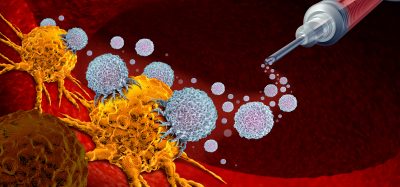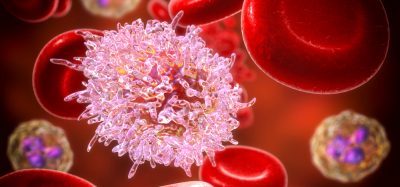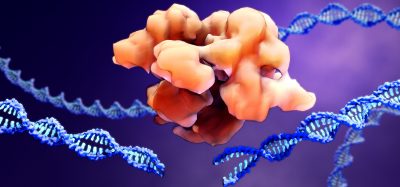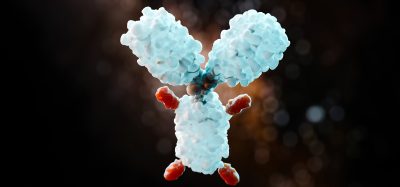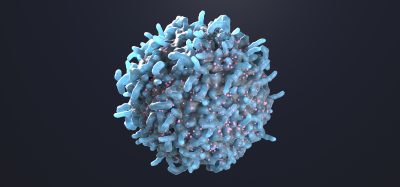New mechanism of anti-tumour action identified in ABTL0812 study
Posted: 26 January 2016 | Victoria White | No comments yet
During trials of ABTL0812, researchers identified a new mechanism of action: the activation of the PPAR receptors and the TRIB3 gene, leading to inhibition of the Akt/mTOR pathway…
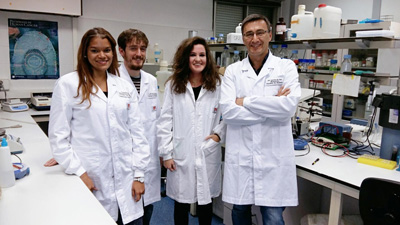
Researchers have described a new mechanism of anti-tumour action, identified during the study and development of the new drug ABTL0812.
The study was coordinated by Dr José Miguel Lizcano from the Universitat Autonoma de Barcelona (UAB) Institute of Neurosciences and Department of Biochemistry and Molecular Biology.
ABTL0812, a small molecule derived from a polyunsaturated fatty acid, is a first-in-class anti-tumour drug. Using cell and animal models, researchers identified a new mechanism of action: the activation of the PPAR receptors and the TRIB3 gene, leading to inhibition of the Akt/mTOR pathway.
The researchers explain that the intracellular Akt/mTOR pathway drives a wide variety of extracellular signals, controlling cell metabolism, size, growth and survival. This pathway is hyperactivated in most human cancers, favouring the proliferation and survival of the cancer cells and, therefore it is one of the principal targets of new anti-tumour drugs. By activating the PPAR receptors, ABTL0812 induces over-expression of TRIB3 protein, which binds to the Akt oncogene and inhibits the Akt/mTOR axis.
ABTL0812 shows high efficacy in vitro and in vivo in preclinical trial studies, and an activity similar to or greater than standard chemotherapeutical drugs, but low toxicity.
“We have shown that ABTL0812 enhances the anti-tumour effect of several standard chemotherapeutic drugs, and it shows efficacy in those tumour cells that have become resistant to the standard treatment,” explains Dr Lizcano.
ABTL0812 causes tumour cell death by autophagy
Through the newly identified pathway, ABTL0812 attacks tumour cells without affecting healthy cells, causing their death by autophagy without activating apoptosis. It is the first anti-tumour drug to act in this way.
Autophagy is a type of cell death that differs from apoptosis, usually associated with tasks of cell degradation and clearance. Autophagy has recently emerged as an alternative for tackling cancer cells without inducing the resistance to apoptosis generated by standard drugs.
ABTL0812 is also the first drug to activate the gene TRIB3 through the PPAR receptors. The researchers highlight the role of TRIB3 in cell death and inhibition of tumour growth, as well as its use as a biomarker for monitoring the biological activity of the drug in humans.
“TRIB3 represents a new mechanism for inhibiting the Akt/mTOR pathway. In the next future we will study whether or not ABTL0812 generates resistance in tumour cells. If not, this would be very relevant to cancer therapy”, stresses Dr Lizcano.
The new PPAR-TRIB3-Akt pathway might well be used to design safer and more effective anti-tumour drugs, such as ABTL0812.
ABTL0812 has recently undergone Clinical Phase I trials in patients with advanced cancer, showing efficacy in several patients as well as low toxicity and high tolerability. Clinical Phase II trials are due to start soon in patients with endometrial cancer and lung squamous cell carcinoma.
European Medicines Agency (EMA) and US Food and Drug Administration (FDA) have designated ABTL0812 as an orphan drug for treatment of paediatric neuroblastoma.
Related topics
Oncology



